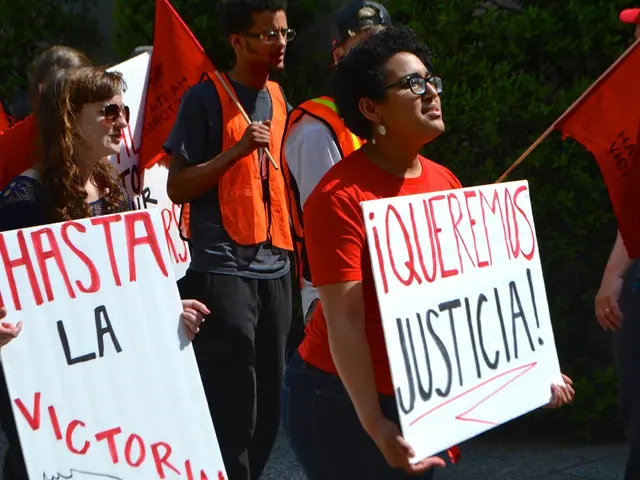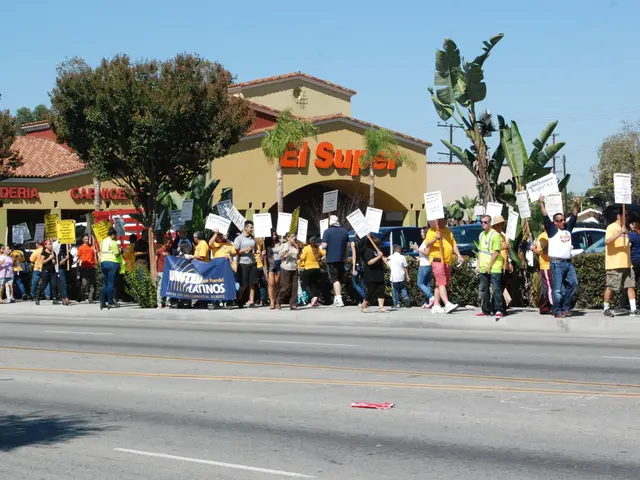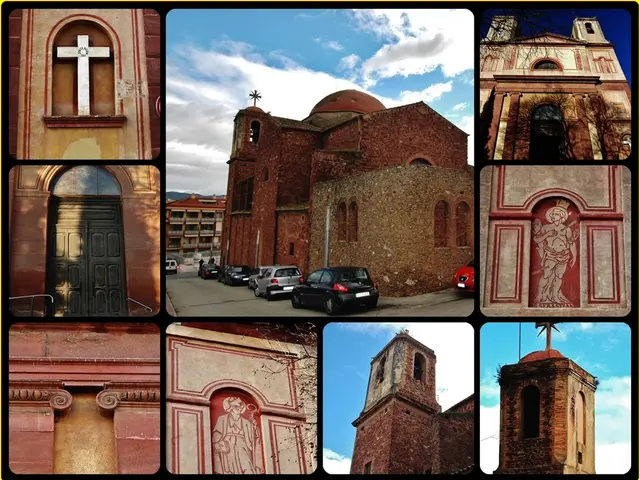Document Outlining the Future Direction of European Cities of Culture Discussed in Chemnitz
In Chemnitz, on April 4, 2025, the White Paper titled "40 Recommendations from 40 Years of European Capital of Culture" was presented. This landmark document, initiated and formulated by the European Capitals of Culture Chemnitz and Nova Gorica, is a comprehensive proposal for the future development of the pan-European cultural program.
The recommendations, based on a study involving 64 former and future European Capitals of Culture, address key areas such as strengthening the European dimension, streamlined selection processes, binding implementation of concepts, and systematized knowledge transfer.
The White Paper was the centerpiece of a pan-European conference held in Chemnitz and is set to be integrated into the work of the European Commission, the EU Council, and the European Parliament. An official presentation at the European Parliament in Brussels is scheduled for May 13, 2025, in the presence of Chemnitz, Nova Gorica, and other experts.
Further details about the conference can be found here.
Notably, the Chemnitz conference featured five additional recommendations designed to revise the concept of European Capitals of Culture. These include emphasizing "Europe in Everything you Do" by professionalizing the branding and communication of the initiative, focusing on long-term cultural development through sustainability criteria and digital innovation, simplifying selection processes, ensuring the promises in bidbooks are kept, and creating an EU-supported digital platform for knowledge exchange and mentorship.
These recommendations, aimed at making the European Capital of Culture initiative more inclusive and impactful, will be discussed by European institutions in the autumn of 2025.
The White Paper presented in Chemnitz on April 4, 2025, proposes travel to various European cities as part of a broader lifestyle initiative, using the European Capital of Culture as a platform for cultural exchange and tourism. Additionally, the recommendations include a focus on politics and general-news, advocating for the integration of current affairs and political discourse into the cultural programming of European Capitals of Culture.







